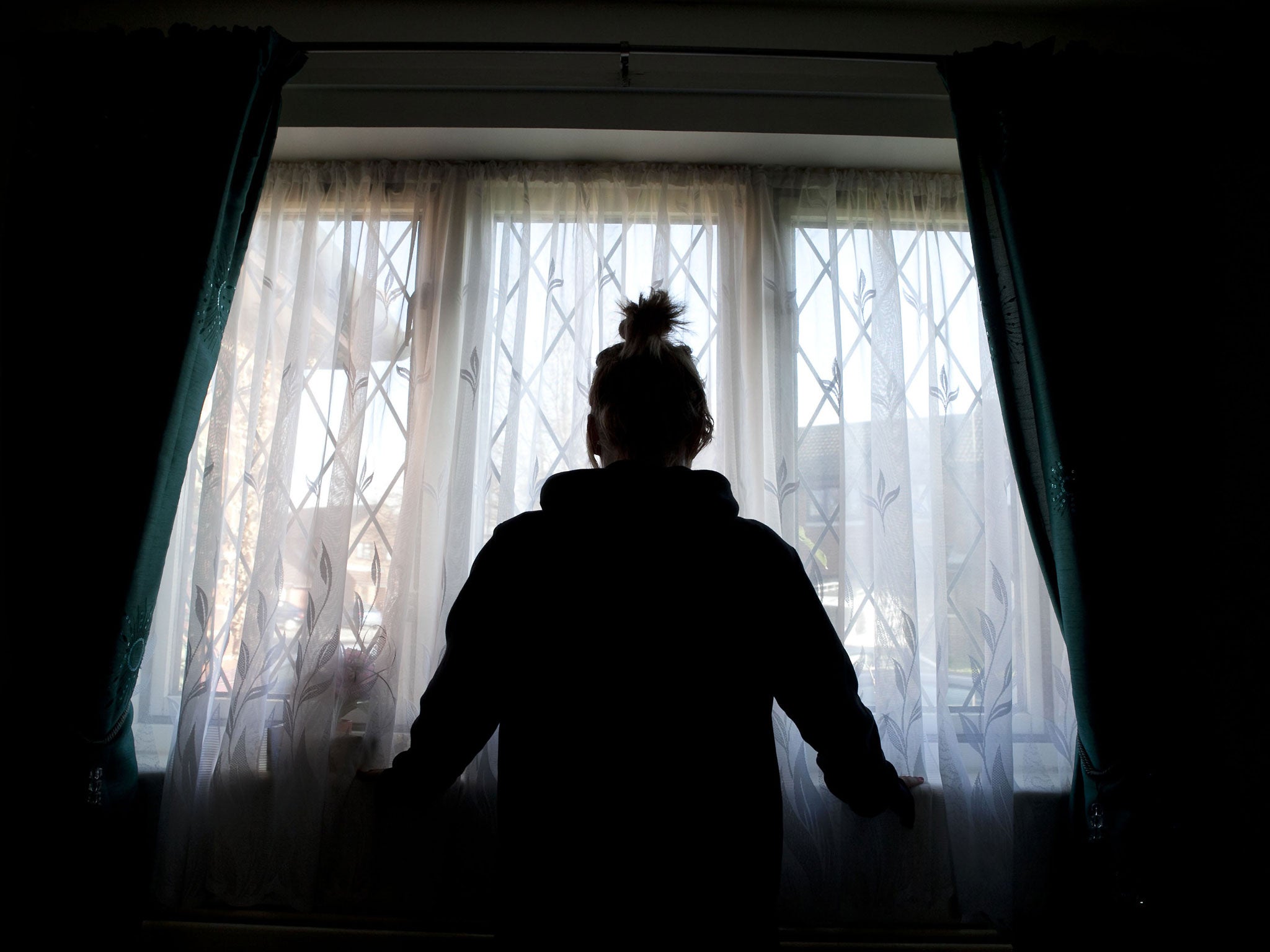Drive to cut red tape could end in murder
A questionnaire to spot potential high-risk victims of abuse may be scrapped

Tens of thousands of women and children will be placed at heightened risk of assault, or even murder, because of plans to cut police red tape, campaigners claimed yesterday.
Under the scheme, officers dealing with "domestic incidents" will no longer have to follow national guidance when it comes to judging threats to potential victims.
The move is currently being considered by a "reducing bureaucracy" unit at the Association of Chief Police Officers (Acpo) and has already been tested in Hampshire. It has provoked a furious response from campaigners and police around the country, who warn that the proposals could have tragic results.
Some 100,000 women and children, the victims of domestic abuse, were identified as being at "high risk" last year – mainly through the use of the Domestic Abuse, Stalking and Honour-Based Violence (Dash) questionnaire. It was launched by Acpo in 2009 in response to the high number of cases where police had failed to spot the warning signs.
Yet the form used to protect victims of domestic abuse may be scrapped in many future cases, although officers will be allowed to use their "professional judgement" when it comes to choosing whether to use it.
The first stage of a controversial pilot scheme took place in Basingstoke, Hampshire, between April and October last year. Despite concerns that were raised after this, Acpo is looking to repeat the pilot in another force in April. An Acpo spokesman said it was intended to "encourage a proportionate response to incidents of domestic abuse and focus on the cases of greatest risk".
"There is an increasing concern that high- and medium-risk cases may not get the attention they require due to specialised staff spending time processing large numbers of forms from low-risk incidents," he added. But Diana Barran, chief executive of Co-ordinated Action Against Domestic Abuse (Caada), is "gravely concerned" that if the plans are rolled out across the country, they will have a serious effect "on the safety of domestic abuse victims". She warned: "It is important that risk identification is implemented consistently and thoroughly by all agencies. Without this approach, homicides will increase."
The Dash assessment is designed to spot signs of risk so that victims can be given protection and help.
The pilot "makes a mockery" of years of work to create "vital and effective safeguards", added Javed Khan, chief executive of Victim Support. "This is not unnecessary red tape – it helps ensure that victims of domestic violence are kept safe and out of danger," he added.
Davina James-Hanman, director, Against Violence and Abuse, called Acpo's plans "foolhardy at best and potentially lethal at worst".
One in four women will be abused in the home in their lifetime and two women are killed every week by a current or former partner. Three women a week are driven to suicide by domestic abuse.
Dave McCallum, a former detective chief inspector, warned: "If this proceeds, risk assessments will not be conducted in many cases where they should." Significant risks will not be recognised, with nothing being done as a result, he added.
Another opposed to the proposals, Detective Chief Inspector Max Black, of Northumbria Constabulary, said: "We are very comfortable with the risk assessment process. It protects people."
Maria (not her real name), was 13 when she had her first boyfriend – someone who would repeatedly rape and beat her. "On one occasion, he held a knife to my throat, another time he broke my wrist, and another time he strangled me until I passed out. That was really scary because I thought I was going to die.
"Soon after the physical abuse started, he began raping me. He told me that if I ever told anyone what was going on, he would sexually abuse my two young nieces. I was terrified that he would do to them what he was doing to me, so I didn't say anything. The abuse went on."
She recalls how her "life started to fall apart" until she confided in a teacher and the police got involved. "They risk assessed me straight away. Because they took it seriously and believed me, I felt better about telling them about the abuse."
"I was 16 when the court case came around, and he was found guilty of several counts of rape as well as assault." Now 18, she said: "It's really important that the police risk assess victims using the same form and questions that they used with me. It's worrying to think that they might use it in some cases but not others."
Subscribe to Independent Premium to bookmark this article
Want to bookmark your favourite articles and stories to read or reference later? Start your Independent Premium subscription today.
